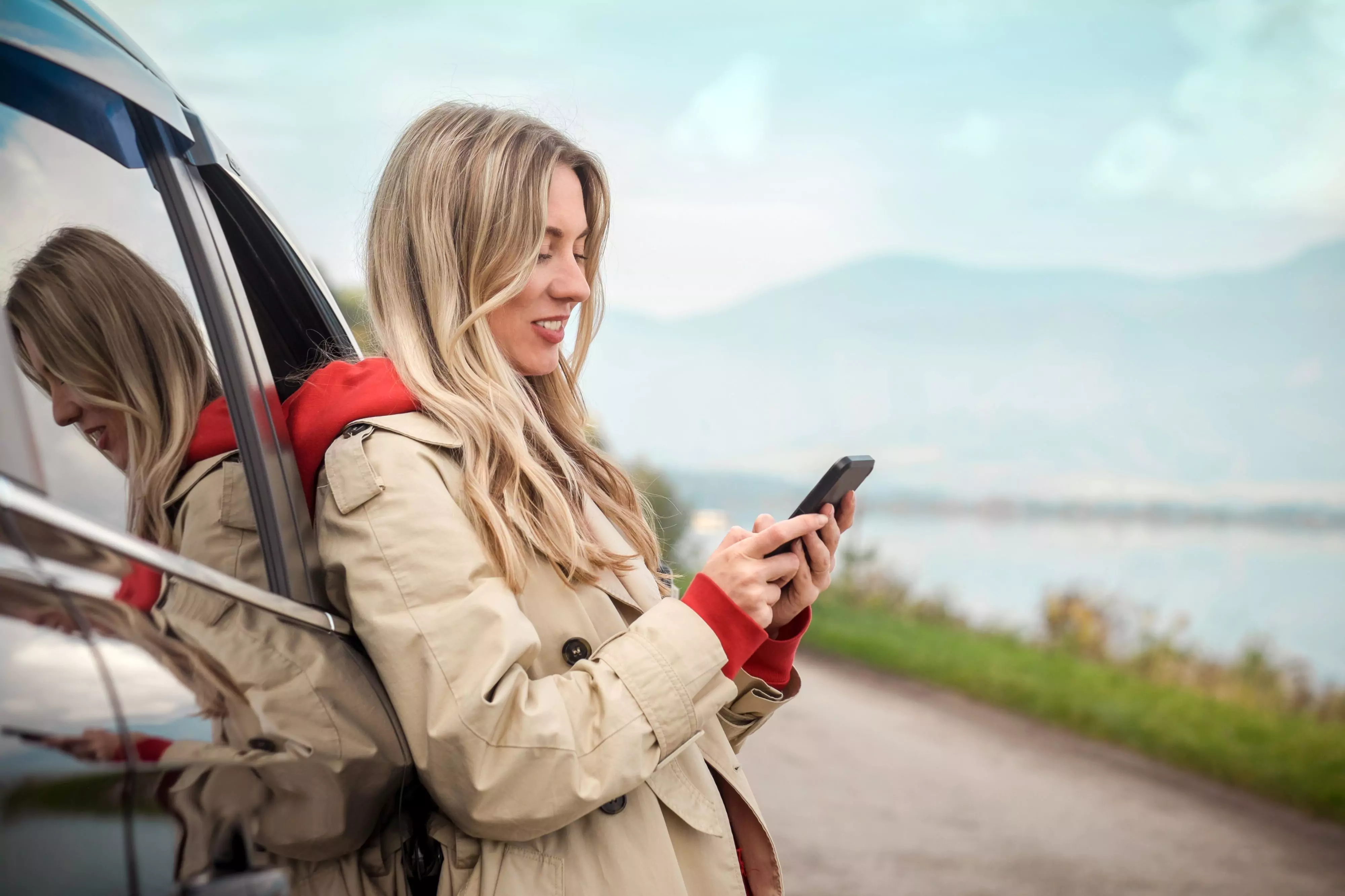Artificial intelligence (AI) is no longer just a futuristic concept. It’s here, shaping the way marketers engage with travelers. For years, AI has been working behind the scenes, powering search engines, personalizing recommendations, and optimizing ad targeting. But now, with the rise of generative AI (GenAI) and increasingly sophisticated machine learning (ML) models, it’s taking center stage.
While AI is certainly becoming increasingly popular, at Sojern, we’ve been at the forefront of using AI and machine learning technology for over a decade to optimize travel marketing. Our deep-rooted expertise has allowed us to build a robust system that not only drives performance but also streamlines workflows—helping travel brands better connect with the right audiences, create personalized experiences, and optimize campaigns. But let’s take a step back: what does AI actually mean for travel marketing, and how can you use it to your advantage?
Beyond the Hype: The Real Impact of AI in Travel
Imagine this: A couple in New York starts researching a beach getaway in Mexico. They browse hotel options, check flight prices, and read travel blogs—but don’t book just yet. Behind the scenes, AI is already working.
Our technology sees the signals: repeated searches for all-inclusive resorts, social media engagement with travel content, and price comparisons for flights to Cancún. Our machine learning models analyze these data points in real-time and identify that now is the right time to influence this couple's booking decision with an ad. This couple’s needs are unique, but thanks to AI, we can deliver these personalized experiences at scale.
Our AI-enabled hospitality platform manages and optimizes over 30,000 advertising campaigns simultaneously daily and targets over 350 million unique active travelers every month across the globe. We maintain over 400,000 taxonomic audiences based on travel behavior, demographics, and more, and update those audiences 800 million times per day, allowing our platform to target travelers within seconds of their online actions.
For a travel marketer, this is a game-changer. Instead of casting a wide net and hoping for conversions, AI lets you target travelers when they’re actively planning their trips. And it doesn’t stop there—our ML models continue optimizing campaigns, leveraging approximately 1 billion predictions every day, ensuring your message reaches the right people at the right time in a cost-efficient way.
How We Use AI to Help Travel Marketers Win
At Sojern, we think about AI for new customer acquisition in two key ways:
Custom Audiences: Finding and engaging travelers most likely to book.
Campaign Automation: Optimizing marketing efforts in near real-time for better performance.
Here’s how it works:
AI-Powered Custom Audiences: Reaching the Right Travelers at the Right Time
Think back to that couple planning their Cancún trip. Traditional marketing might target a broad audience—anyone interested in “Mexico travel.” But AI allows us to go deeper, identifying high-intent travelers who are actively planning.
Our AI takes into account:
- Past booking behavior
- Search activity across travel sites
- Recent activity on advertiser websites
- Consented information about the consumer
And because 71% of consumers expect personalized experiences, our AI-powered audiences allow marketers to segment out travelers based on behavior to ensure that each traveler sees content that resonates with them.
Campaign Automation: Smarter Marketing, Better Results
Running a digital campaign can be time-consuming. Adjusting bids, optimizing budgets, and tracking performance across multiple channels is a full-time job. AI simplifies this process by making intelligent, real-time adjustments, just like a skilled marketing analyst would.
How It Works:
Our AI continuously monitors ad performance, adjusting spend and targeting based on what’s working. It predicts:
- Click-through rates
- Conversion likelihood
- How much inventory is available
- The best times to serve ads
Our AI ensures that your ads don’t just reach travelers—they drive bookings.
Full Lifecycle Marketing: AI and the Guest Experience
AI isn’t just about finding and converting travelers—it’s also transforming the way travel brands interact with guests.
For example, a family checks into their hotel after a long flight. Instead of calling the front desk for dinner recommendations, they use an AI-powered concierge. Within seconds, they get personalized suggestions, complete with reviews, directions, and an option to make a reservation.
This is where GenAI comes in. Our Guest Experience Platform (GEP) leverages GenAI to:
- Answer common guest questions (check-out times, spa hours, etc.)
- Provide personalized recommendations based on guest preferences
- Offer upsells and cross-sells, like room upgrades or dinner reservations
By handling routine inquiries, AI not only offers better, faster service to get guests the answers they need, it also frees up hotel staff to focus on creating memorable, human interactions—the kind that turn first-time guests into loyal customers.
Keys to a Successful AI Strategy
AI is powerful, but it’s not a magic wand. Success comes from using AI strategically—here’s how travel marketers can make the most of it:
1. Define Your Goals
AI should enhance your strategy, not replace human expertise. Focus on areas where automation can increase efficiency without sacrificing the opportunity for brands to build personalized connections with travelers.
2. Invest in Quality Data
AI is only as good as the data it processes. Ensure your AI tools are connected to real-time, high-quality data sources like CRM systems, booking engines, and customer feedback channels.
3. Maintain Context and Accuracy
Not all AI-generated responses are created equal. For example, a chatbot should accurately provide hotel operating hours, but also recommend a great family-friendly restaurant nearby or attraction based on what it knows about the guest.
4. Prioritize Privacy and Trust
Consumers value personalization, but they also value privacy. Using consented, opt-in data and following compliance regulations is critical to building long-term trust.
5. Leverage Partners
Don’t reinvent the wheel, but instead partner with companies such as Sojern to accelerate the use of AI in your business.
6. Test and Learn
Your audiences aren’t static, and your campaigns shouldn’t be, either. By quickly experimenting to test ideas, analyze results, and implement feedback, you can make incremental changes that drive big results.
The Future of AI in Travel Marketing
AI is no longer a competitive advantage—it’s a necessity. From hyper-targeted marketing campaigns to AI-powered guest interactions, the brands that embrace AI will be the ones that thrive.
At Sojern, we’ve spent nearly a decade perfecting AI-driven travel marketing solutions that help brands connect with the right travelers, at the right time, with the right message.
Want to see how AI can transform your marketing strategy? Let’s talk.





